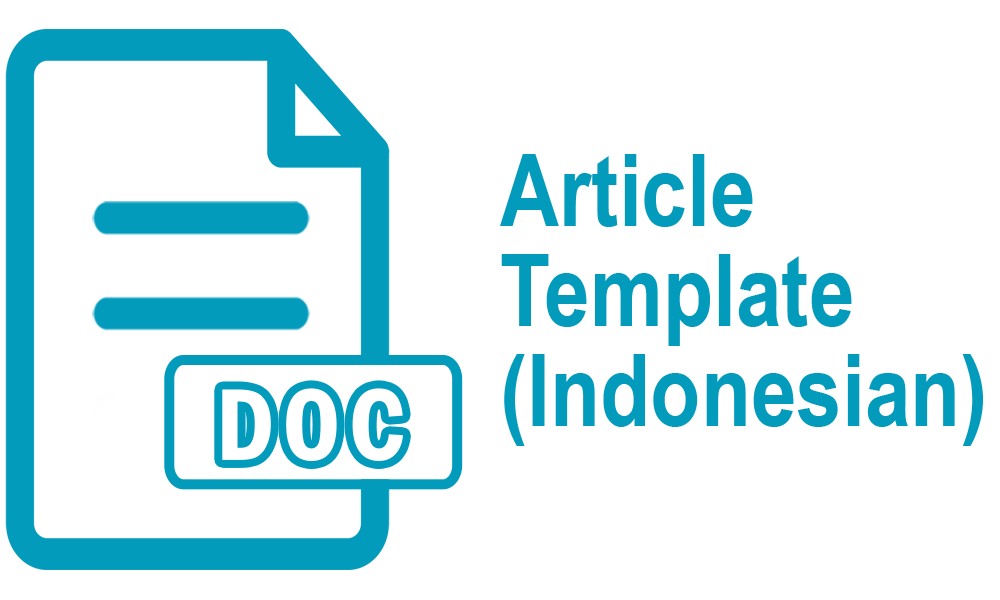CLASS STRUGGLE IN ALITA: BATTLE ANGEL FILM
Abstract
This research aimed to describe the classes struggle conducted by the five main characters of Alita: Battle Angel film (Dr. Ido, Alita, Dr. Chiren, Hugo, and Nova) by using two theories of Tyson about social class and class struggle. The form of research design was qualitative with content analysis as its approach. Words in the forms of narrations and dialogues were the data of this research and taken from Alita: Battle Angel film script. The findings of this research showed three different social classes identified from the five main characters. (1) Dr. Ido, Alita, and Dr. Chiren were identified to come from the middle class. (2) Hugo was identified from the low class. (3) Nova was identified as the one from the upper class. Furthermore, the forms of class struggled conducted by each character was different. Yet, this finding did not apply to Dr. Ido character since he did not conduct any form of class struggle due to his desire of wanting to live in Iron City only. On one hand, for Alita, Dr. Chiren, and Hugo posed one similar strong reason of conducting their class struggle which was that to change their life condition into the better ones by living in Zalem. On the other hand, Nova’s reason of conducting his class struggle because he wanted to defend the status quo as the highest leader of Zalem.
Keywords
Full Text:
PDFReferences
Abrams, M.H. A Glossary of Literary Terms. 7th ed. Heinle & Heinle. 1999. Print.
Alita: Battle Angel. Dir. Robert Rodriguez. 20th Century Fox, 2019. DVD.
Cameron, James, and Laeta Kalogridis. “Alita: Battle Angel.” Film Script. Springfield! Sprigfield!. 2019. Web. 28 Dec. 2019.
Dobie, Ann B. Theory into Practice: An Introduction of Literary Criticism. 3rd ed. Wadsworth. Boston. 2012. Print.
Hira, Muhammad Faizal. Marxist Criticism on Disney Movie Cinderella. Diponegoro University. 2017. Print.
Huberman, M., and Matthew B. Miles. Data Management and Analysis. 1994. Print.
Octin, Yudaris. Class Conflict in Film In Time: An Analysis using Marxism Literary Criticism. Universitas Islam Negeri. 2015. Print.
Reams, Jack. Characterization in Fiction. San Marcos, Texas. Texas State University. 2015. Print.
Tyson, Lois. Critical Theory Today. 2nd ed. Routledge. 2006. Print.
DOI: http://dx.doi.org/10.30872/jbssb.v5i2.3295
Refbacks
- There are currently no refbacks.
Copyright (c) 2021 Soffan Soffa, Singgih Daru Kuncara, Indah Sari Lubis
Editorial address:
Fakultas Ilmu Budaya, Universitas Mulawarman
Jl. Ki Hajar Dewantara, Gunung Kelua, Kec. Samarinda Ulu, Kota Samarinda, Kalimantan Timur, Indonesia 75123
Email: jurnalilmubudaya.fibunmul@gmail.com
Website: http://e-journals.unmul.ac.id/index.php/JBSSB
Ilmu Budaya: Jurnal Bahasa, Sastra, Seni, dan Budaya is licensed under a Creative Commons Attribution-ShareAlike 4.0 International License






